
Could Your Blood Type Be Influencing How You Age

Could Your Blood Type Be Influencing How You Age?
When we think about what determines how gracefully we age, the usual factors come to mind — nutrition, exercise, sleep, stress, and of course, genetics. But scientists are beginning to ask a more surprising question: could your blood type quietly shape how your body handles the passage of time?
Emerging research suggests that your blood type — long known for its importance in transfusions and organ compatibility — might also influence subtle processes related to inflammation, oxidative stress, and immune resilience. These differences, though small, could accumulate over decades, affecting how quickly or slowly we show the signs of aging.
Let’s take a closer look at what scientists are uncovering about this fascinating connection.
Blood Type O: A Natural Advantage?
If you belong to the O blood group, science might have a little good news for you. Several early studies suggest that individuals with type O blood may have a slight biological edge when it comes to aging and long-term health.
Researchers have observed that people with type O tend to have:
-
Lower risks of cardiovascular diseases such as heart attacks and strokes
-
Reduced likelihood of developing certain cancers, including pancreatic and gastric cancers
-
More efficient blood coagulation, which supports healthy circulation and oxygen delivery
-
Better metabolic stability, potentially lowering the risk of insulin resistance
These factors may collectively translate into slower physical decline and better cellular resilience as the years pass.
However, this doesn’t mean people with type O can skip healthy habits. The benefits can be easily offset by poor diet, inactivity, or chronic stress — which remain the dominant influences on longevity.
Blood Types A, B, and AB: More Prone to Inflammation
Those with blood types A, B, or AB may face a few extra biological hurdles when it comes to aging. Research links these groups to higher baseline levels of chronic inflammation, which is now recognized as one of the key engines of aging — sometimes called “inflammaging.”
Studies suggest these individuals may experience:
-
Elevated risks of high blood pressure and metabolic syndrome
-
Slightly greater vulnerability to cognitive decline and neurological disorders
-
A tendency toward higher cholesterol or clotting factors, which can strain cardiovascular health
The mechanisms behind these trends are still being explored, but one theory is that differences in blood antigens may influence how the immune system reacts to pathogens and inflammation throughout life.
That said, these patterns are not destiny. Lifestyle interventions — particularly anti-inflammatory diets rich in omega-3s, antioxidants, and plant-based foods — can significantly reduce these risks, regardless of blood type.
The Link Between Blood Type, Oxidative Stress, and Immunity
One of the most intriguing clues in this field involves oxidative stress, the cellular wear-and-tear that accelerates aging. Every day, your cells produce reactive oxygen species (ROS) — unstable molecules that damage DNA, proteins, and cell membranes.
Some blood types, according to emerging evidence, seem to produce cells that are more resistant to oxidative damage. For example:
-
Blood type O individuals may exhibit stronger antioxidant enzyme activity.
-
Types A and AB may show slightly reduced resilience to oxidative stress, which could influence how quickly tissues age or recover from damage.
Blood type also shapes immune system behavior. It affects how your body recognizes and responds to bacteria and viruses — and over time, that difference could influence chronic disease risk, infection recovery, and even how your skin and organs age.
Lifestyle Still Reigns Supreme
Even with these intriguing biological nuances, researchers are unanimous on one point: your daily choices outweigh your blood type when it comes to aging well.
Whether you’re A, B, AB, or O, the fundamentals remain the same:
-
Eat a balanced diet focused on whole, unprocessed foods.
-
Exercise regularly, combining aerobic, strength, and flexibility training.
-
Prioritize sleep — aim for 7–8 hours nightly to allow for cellular repair.
-
Manage stress through mindfulness, nature time, or creative outlets.
-
Avoid smoking and limit alcohol.
-
Schedule routine health checkups to stay proactive about potential risks.
These behaviors influence gene expression, hormone balance, and inflammation far more powerfully than your blood type ever could.
Final Thoughts: Know Your Blood Type, But Own Your Lifestyle
Your blood type is a fascinating piece of your biological identity — one that may subtly nudge how your body ages. But it’s only a piece of the puzzle.
The real determinants of longevity lie in how you live, move, eat, and recover. By combining scientific curiosity with practical self-care, you can support your body’s natural defenses and age with strength, clarity, and vitality — no matter what blood type you were born with.
News in the same category


Don’t Toss That Tuna Can

101-year-old woman who still works 6 times a week explains what she fears would happen if she retired

What the Inside of Your Car Might Say About You

This Simple Word Could Let Scammers Clone Your Voice with AI

Donald Trump ‘rattled’ as he’s booed at stadium he wants named after him

Here’s Why Many Couples Start Sleeping In Separate Beds After 50

Why Do We Get Shocked by Static Electricity

What Clearing the Table Says About You

The Secret Language of the Hand: Interpreting the Touch During a Handshake

Why You Might Have Dark Circles …Even If You’re Sleeping Well

What Do the Triangle Stickers Above Your Airplane Seat Mean?
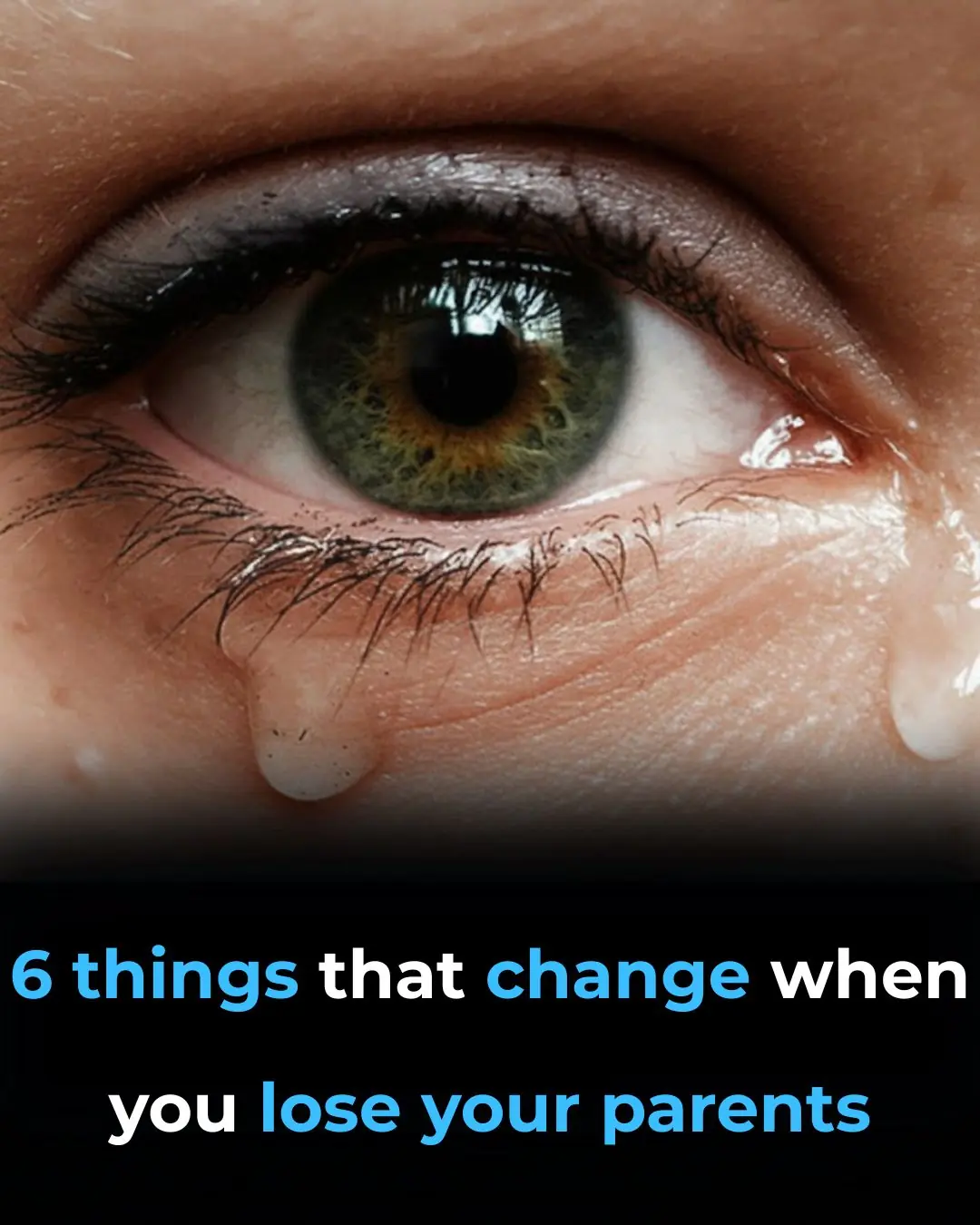
6 Difficult Realities of Losing a Parent

Woman issues terrifying warning after finding a stroller abandoned on the side of the road

Count The Squares
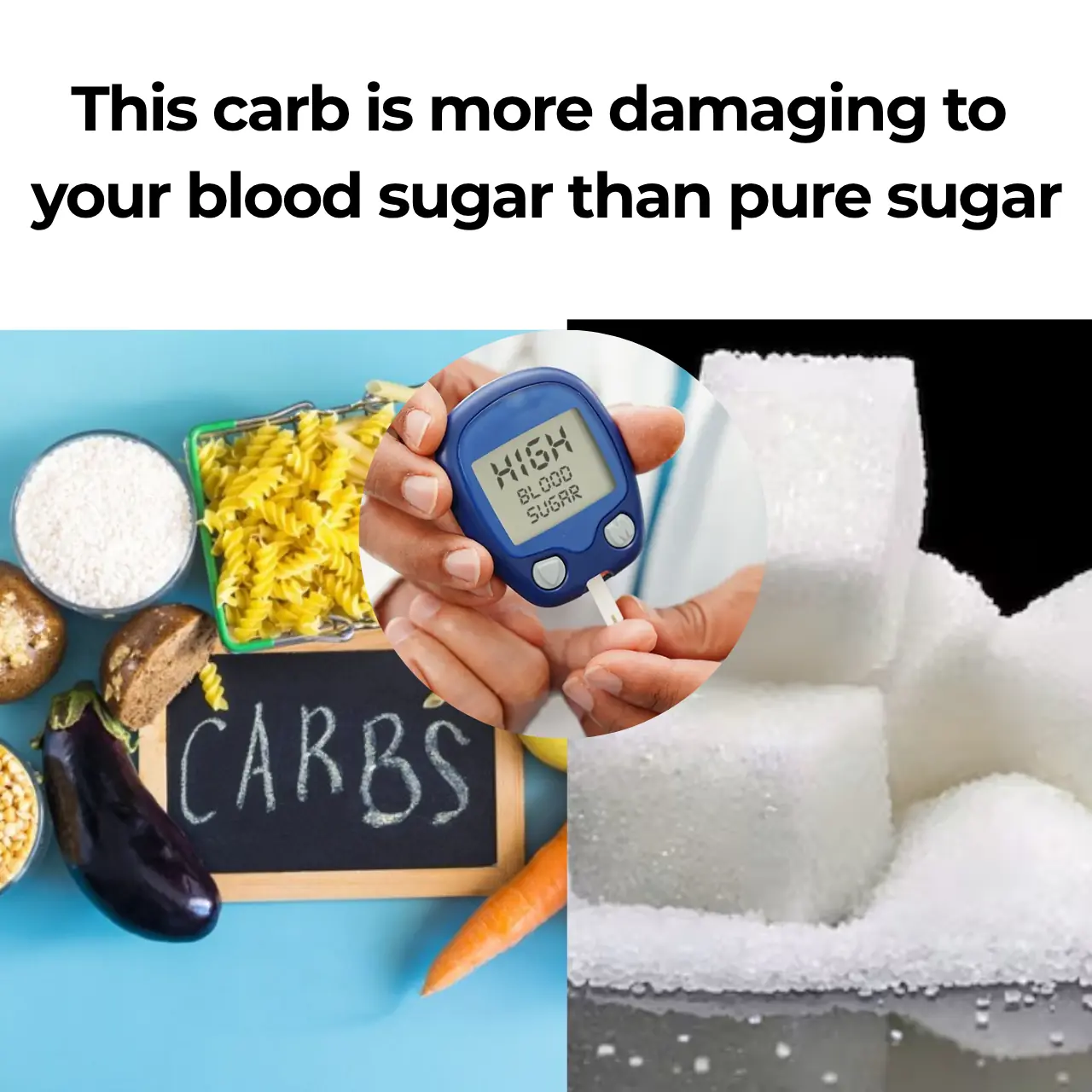
This carb is more damaging to your blood sugar than pure sugar
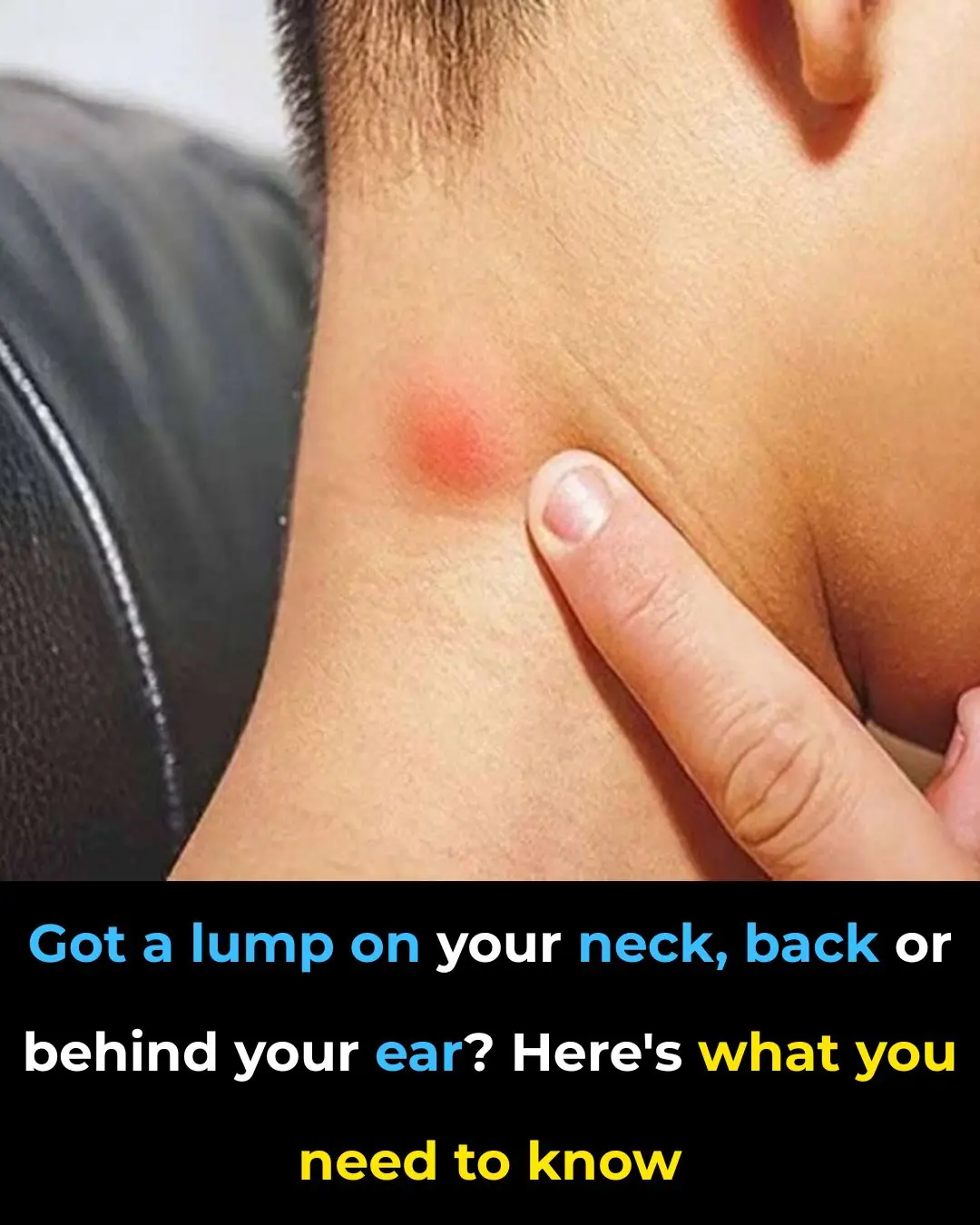
Got a lump on your neck, back or behind your ear? Here’s what you need to know

Most Drivers Miss This Simple Button That Improves Visibility At Night
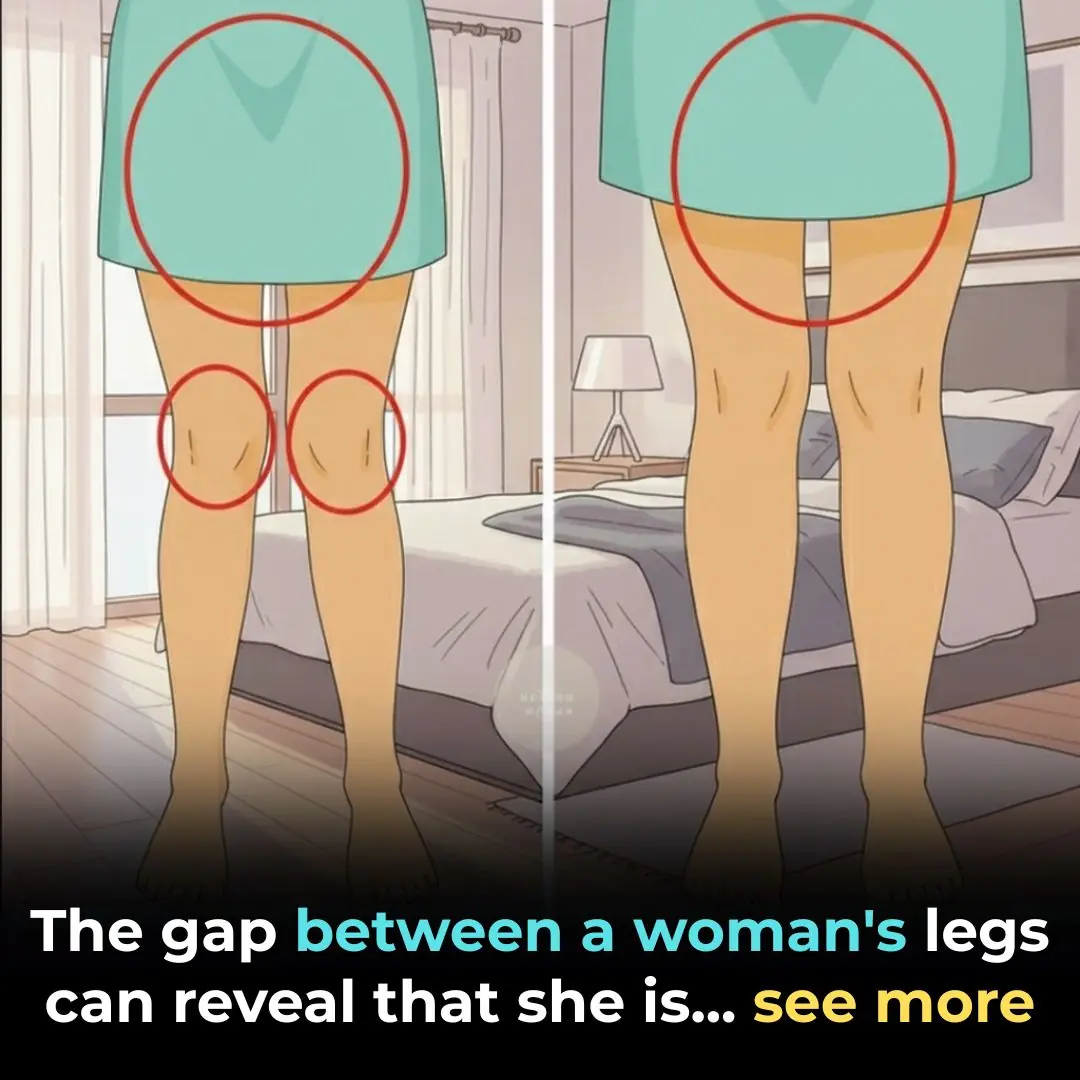
The Truth About the Thigh Gap
News Post
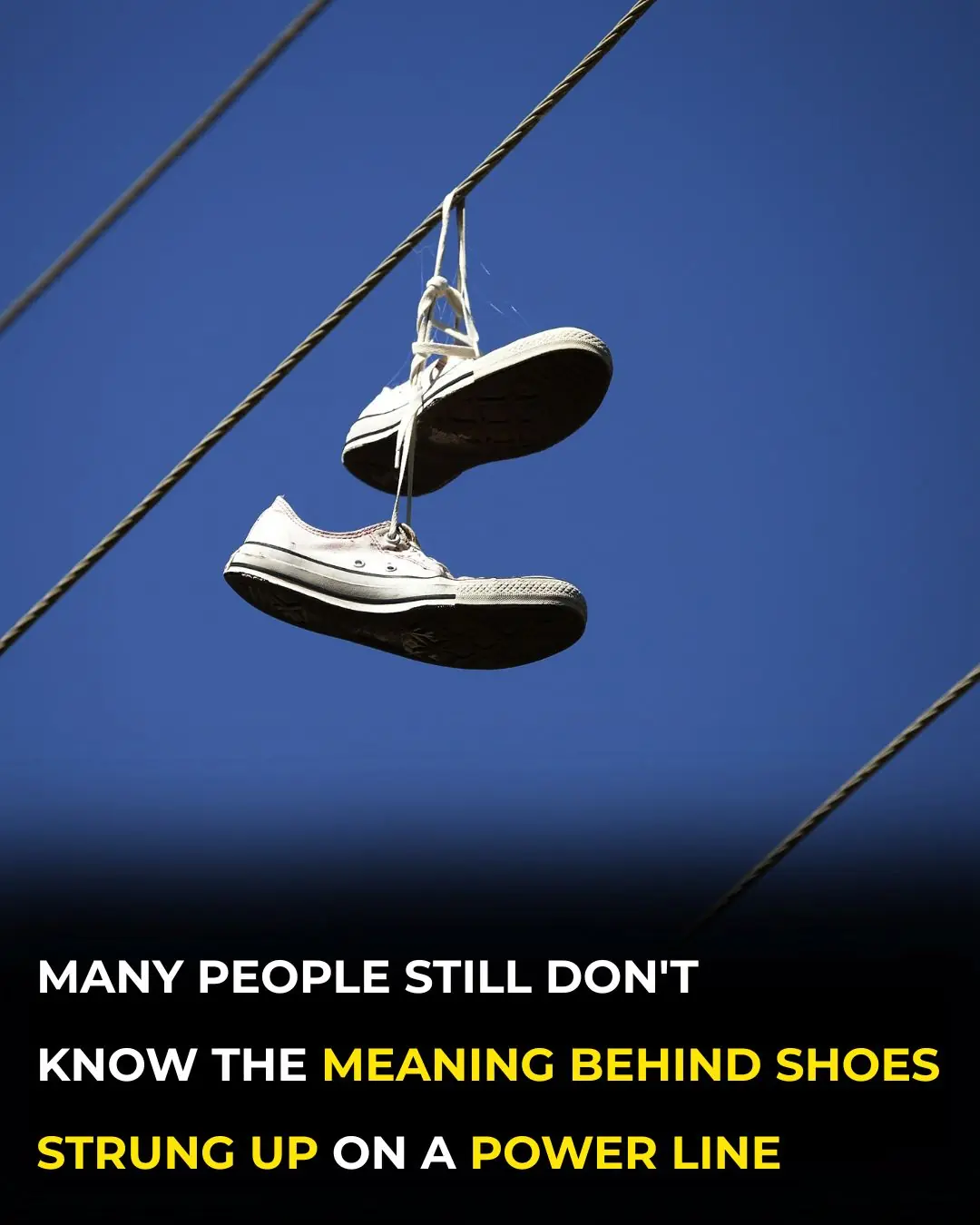
Many People Still Don’t Know The Meaning Behind Shoes Strung Up On A Power Line

Arnold Schwarzenegger’s Son Continues His Impressive Weight-Loss Journey

‘Get Out!’: Black Woman Banned from Restaurant After Refusing to Tip Waitress with ‘a Disgusting Attitude,’ But She Doesn’t Back Down, Video Shows

Stephen Hawking Predicts the End of the World Is Nearer Than We Think

Caroline Flack’s ex Lewis Burton says he’s received ‘online abuse’ in rare statement over Disney documentary

The Viral 70LB Baby That Was Featured On Jerry Springer Is All Grown Up, And You Better Sit Down Before Seeing Him Today

The Viral 70LB Baby That Was Featured On Jerry Springer Is All Grown Up, And You Better Sit Down Before Seeing Him Today

‘Wanna be from the Trenches So Bad’: Tiny Harris Claps Back After T.I. Embarrasses Son King at Their Grandchild’s First Party

3 Deadly Mistakes People Make with Water Heaters – Don’t Risk Your Life

The surprising vitamin that helps break down leg clots—are you getting enough?
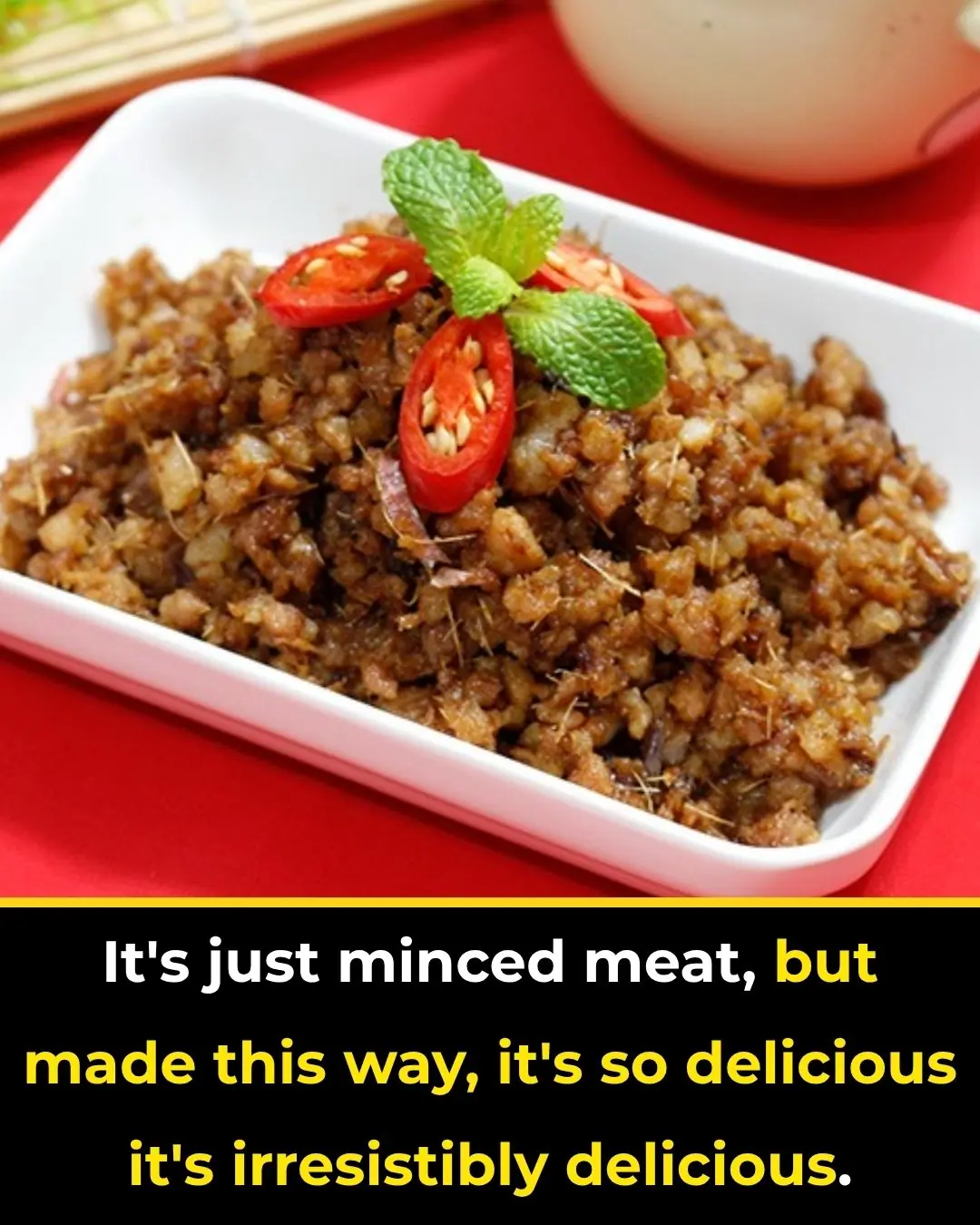
Just Minced Meat, But Made This Way, It Becomes Irresistibly Delicious

Prince William steps out with King Charles for special Windsor Castle reception to mark Remembrance Day

Top 10 Occupations with the Highest Risk of Cancer
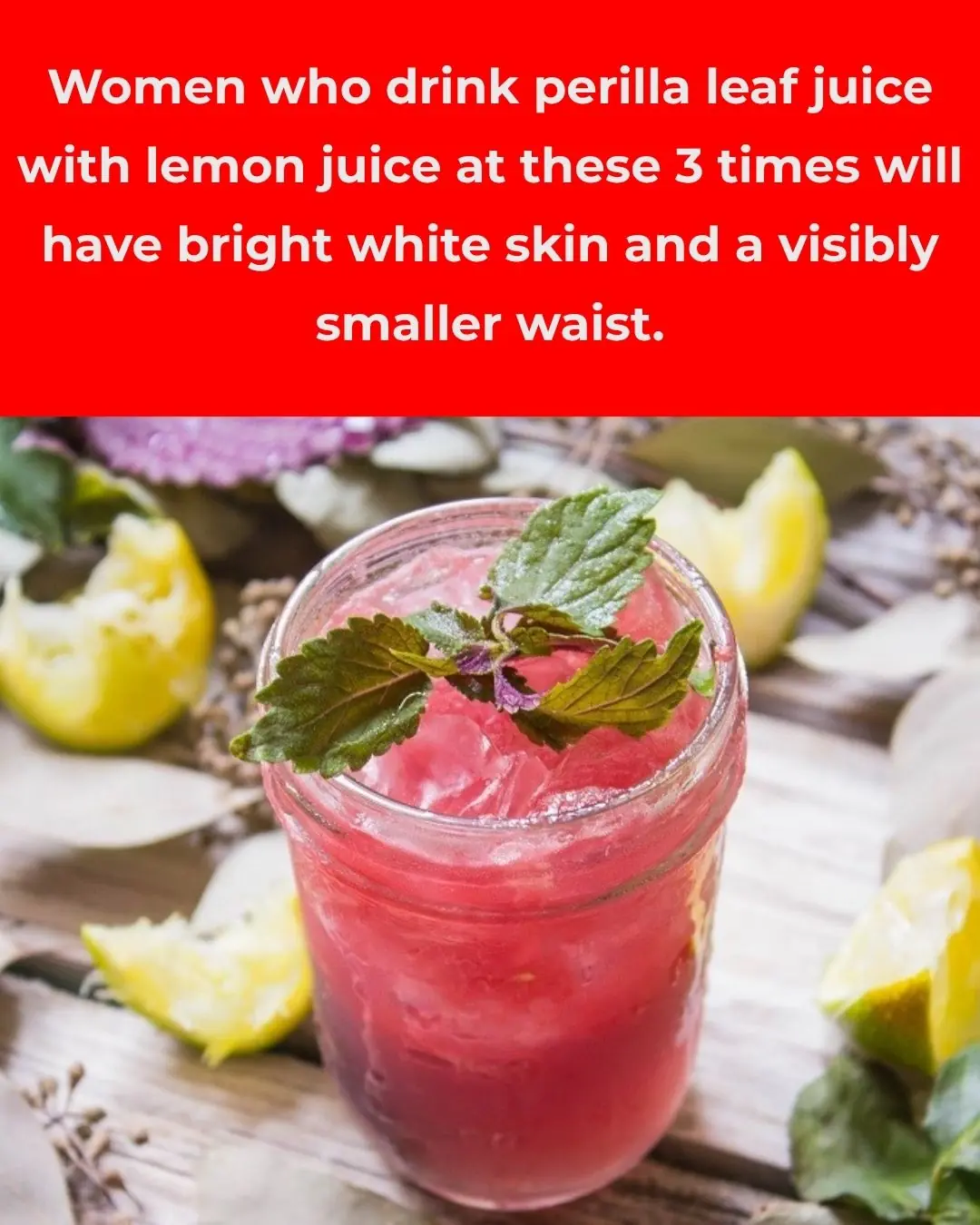
Women Who Drink Perilla Leaf Water with Lemon at These 3 Times: Brighter Skin and a Slim Waist

Why Is the Left Burner of a Gas Stove Not Ideal for Cooking?

Kelly Brook ‘horrified’ as GP offers her weight-loss jabs ahead of I’m A Celebrity stint: ‘I love my curves!’

Is It Dangerous to Stay Inside a Car During a Lightning Storm?
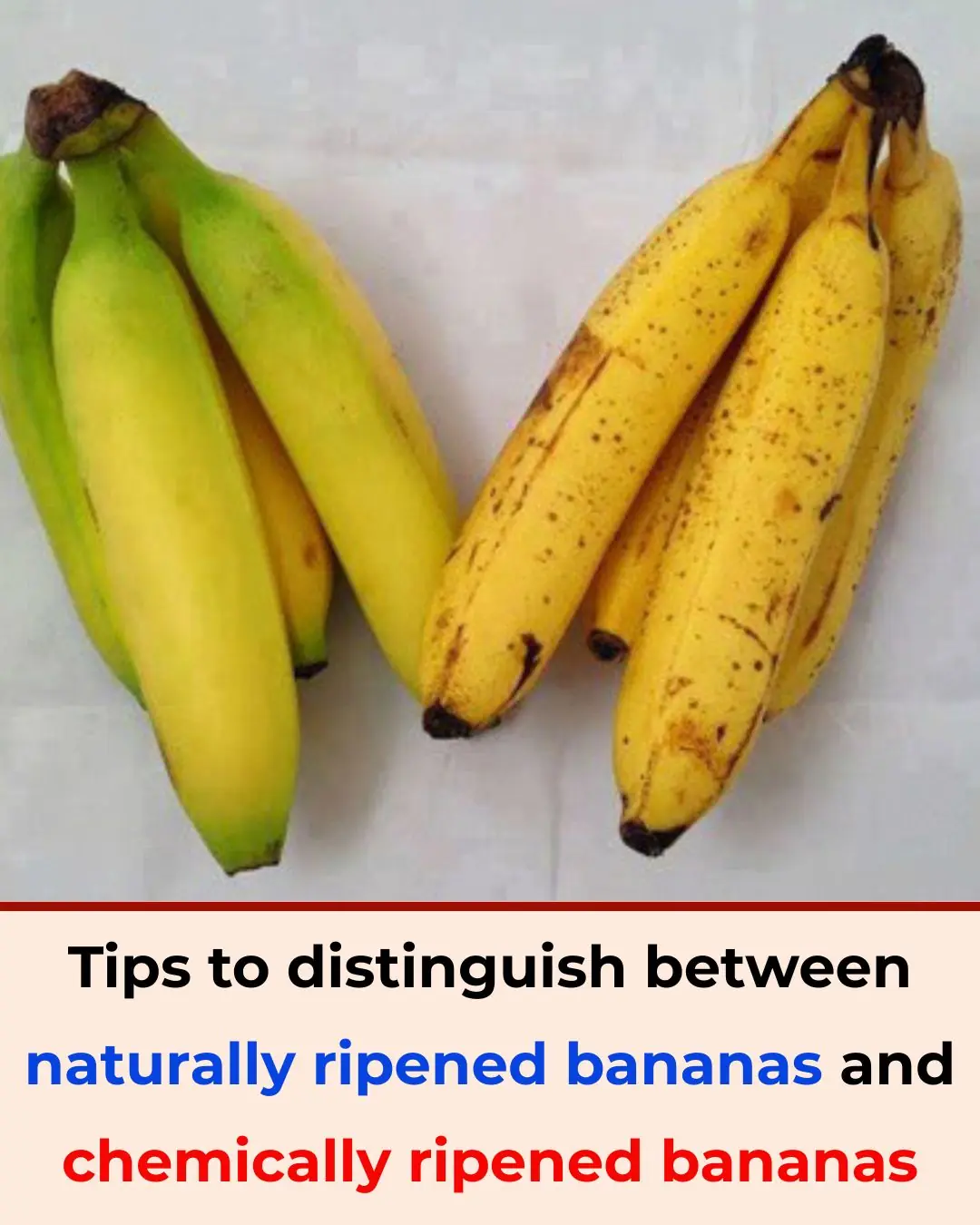
Tips to Distinguish Naturally Ripened Bananas from Chemically Ripened Ones

Meghan Markle shares video of Prince Harry in Afghanistan in Veterans Day message
